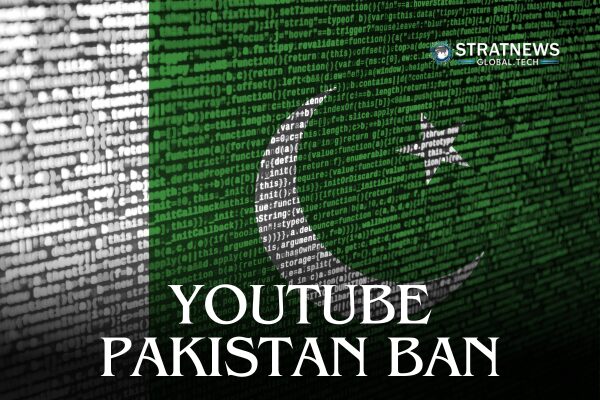YouTube Faces Pressure to Block Pakistani Opposition and Critical Channels
YouTube has warned more than two dozen critics of the Pakistani government that their channels may be blocked after a local court sought a ban on them for being “anti-state.”
Channels at risk include those of the main opposition party, Pakistan Tehreek-e-Insaf (PTI), and its jailed leader, former prime minister Imran Khan. Several journalists critical of the government could also face bans under the June 24 court order seen by Reuters.
Court Seeks Ban Over ‘Anti-State’ Content
The Islamabad judicial magistrate court moved to seek the ban after the National Cyber Crime Investigation Agency criticised these channels in a June 2 report. The report claimed the channels shared “highly intimidating, provocative and derogatory contents” against state institutions and officials.
Digital rights activists warn that any ban would further weaken free speech in Pakistan. Many believe that authorities already limit newspapers and television, leaving social media as one of the few outlets for dissent.
YouTube informed 27 content creators that their channels could be taken down if they failed to comply with the court order.
“If you fail to do so, as per our local law obligations, we may comply with the request without further notice,” YouTube said in emails seen by Reuters.
YouTube’s regional communications manager and Pakistan’s Information Minister Attaullah Tarar did not immediately respond to requests for comment.
Fears Over Free Speech and Media Crackdowns
One of the affected creators, Asad Toor, who has over 333,000 subscribers, called the move an attack on the fundamental rights of the people and political parties.
“It is not about me. It is about these people who are on the left side of the state,” Toor told Reuters. “I have dedicated my platform for these underdogs who have no place to go and raise their voices against the state oppression.”
Many journalists moved to YouTube after authorities restricted traditional media. Commentators supporting Khan also turned to the platform following his removal from office in 2022.
“It’s not only about anchors getting fired or YouTube channels getting banned. It’s what they are not allowing to be told and the human rights abuse they are trying to hide from the world,” said Zulfikar Bukhari, PTI spokesperson.
Khan has claimed his party faces a military-backed crackdown, which the army denies. Bukhari added, “In this day and age you can’t suppress digital media.”
Tighter Regulations on Social Media in Pakistan
The court order follows recent laws and regulations aimed at increasing state control over digital platforms. Pakistan has previously blocked platforms like X, Facebook, and TikTok during periods of unrest.
In January, Pakistan’s parliament amended the Electronic Crimes Act, introducing a new social media regulatory authority with its own tribunals. These can impose prison sentences of up to three years and fines of two million rupees ($7,200) for spreading information deemed “false or fake.”
Neighbouring India has introduced similar laws, often clashing with X and Google while banning dozens of YouTube channels citing national security concerns.
Digital rights activist Usama Khilji criticised the lack of due process in the Pakistani court’s actions, calling it “jarring.”
Toor said he was not given a chance to respond to the allegations and plans to take legal action against the court’s decision. “It is a dictatorial move. It can’t silence me,” he said.
with inputs from Reuters


